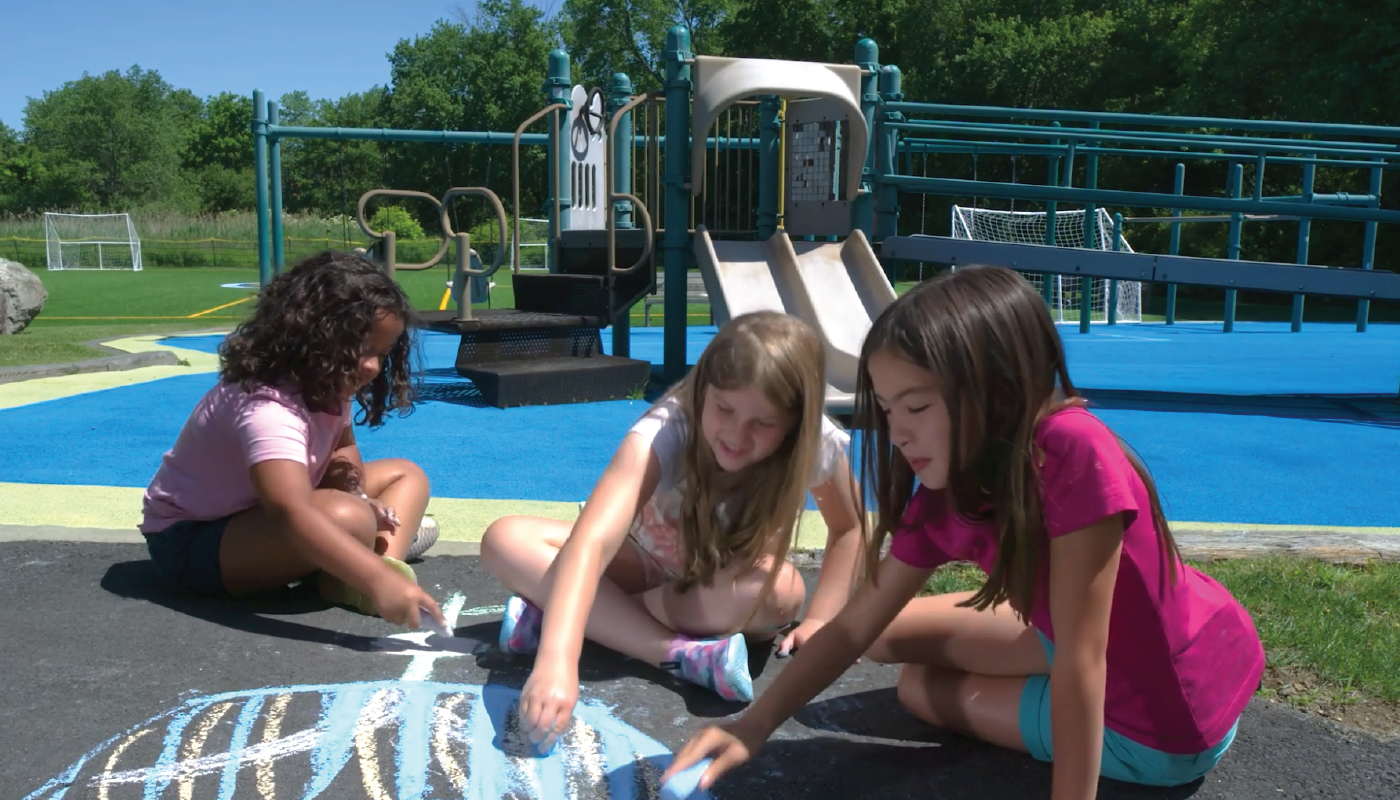
Introduction
Social-Emotional Learning (SEL) is a critical aspect of a child’s development, especially in the early years. One essential skill for PreK students is being a social chameleon on the playground. A social chameleon can adapt their behavior and actions to match the person or group they are interacting with. This ability helps children get along with others and be respectful during playtime. In this blog post, we will discuss a no-prep activity for teaching this skill, provide discussion questions, mention related skills, and guide you on the next steps to further explore SEL resources.
No-Prep Activity: Playground Chameleon
This activity requires no preparation or materials from the educator and can be easily implemented during playground time. To begin, explain to the children that they will be practicing their social chameleon skills while playing. Here’s how the activity works:
- Divide the children into small groups of 3-4 students.
- Assign each group a specific play area on the playground (e.g., swings, slide, sandbox).
- Have the groups rotate through each play area, spending about 5 minutes at each station.
- As the children play, encourage them to observe and adapt to the actions and mood of their peers in each play area.
- After rotating through all the play areas, gather the children for a brief discussion on their experience.
Discussion Questions
After completing the Playground Chameleon activity, engage the children in a discussion to help them reflect on their experience. Here are some questions to guide the conversation:
- What did you notice about how your friends were playing in each play area?
- How did you adjust your actions to match the mood of your friends?
- What was challenging about being a social chameleon on the playground?
- How did being a social chameleon help you get along with your friends during playtime?
- Can you think of other situations where being a social chameleon might be helpful?
Related Skills
Being a social chameleon on the playground is just one of many essential SEL skills for PreK students. Other related skills that can help children succeed in social situations include:
- Active listening: Paying attention and showing interest in what others are saying.
- Empathy: Understanding and sharing the feelings of others.
- Cooperation: Working together with others to achieve a common goal.
- Conflict resolution: Addressing disagreements in a respectful and constructive manner.
- Respect for diversity: Appreciating and accepting differences in others.
Next Steps
Now that you understand the importance of being a social chameleon on the playground and have an engaging, no-prep activity to incorporate into your PreK curriculum, it’s time to explore more SEL resources. To get started, sign up for free samples of skill-building materials and discover a wealth of resources that can help your students develop essential social-emotional skills. With the right tools and guidance, you can make a significant impact on your students’ social-emotional development and overall well-being.

